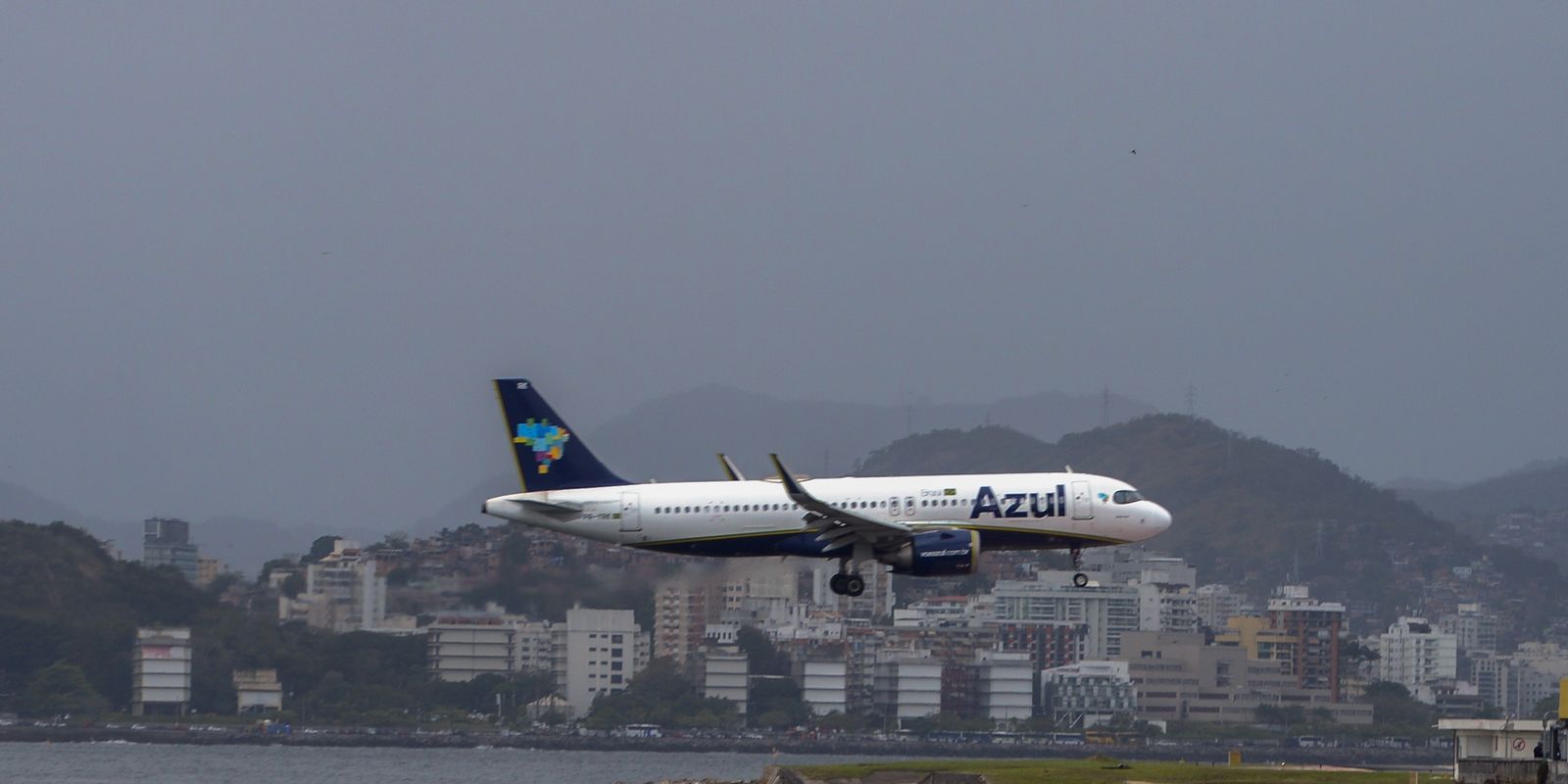The average price paid for air tickets in Brazil fell 5.1% in 2024, compared to the previous year, reaching R$631.16. According to the Minister of Ports and Airports, Silvio Costa Filho, the result can be considered even more satisfactory, taking into account that, on the international scene, the value of tariffs increased by 15%.
At a breakfast with journalists this Thursday (16), the minister cited figures obtained from the National Civil Aviation Agency (Anac) and said that 50.8% of airline tickets were sold for less than R$500.
The value of the average real air fare in Brazil is calculated by Anac based on all tickets actually sold by companies operating on regular domestic flights in the country – information that is provided monthly by the companies.
Contacted by Brazil AgencyAnac reported that the calculations are based “on the entire universe of tickets purchased by the standard consumer, excluding only those that are sold with some type of discount that is not available to all consumers”.
“This methodology aims to capture all variations occurring during the month, a fundamental aspect for a more accurate calculation of the average fare for a given route, since fare values vary constantly and may undergo changes even within the same route. day”, added Anac.
In the meeting with journalists, Minister Sílvio Costa Filho said that the drop observed in the average real air fare in Brazil was accompanied by the highest occupancy rate observed in aircraft since 2002, which stood at 84%.
Fly Brazil
According to the minister, the results were still little impacted by Voa Brasil, a program initially intended to encourage INSS retirees [Instituto Nacional do Seguro Social] traveling around the country, including them in the tourism market.
“The impact of Voa Brasil, which is a social inclusion program for Brazilian aviation, with tickets costing up to R$200 [por trecho]is still small because many people still don’t know about it, especially in the interior of the country. Therefore, we are planning some advertising campaigns”, he said.
The minister emphasizes, however, that the aim of the Voa Brasil program is not to reduce ticket prices, but to include elderly people in this market. According to the ministry, “Voa Brasil has already put into the air the equivalent of around 200 aircraft full of retirees transiting the country”.
Costa Filho said that the civil aviation sector has been concerned about the lack of aircraft on the market, a problem that worsened during the pandemic. The expansion of the offer, as well as the reduction in the amounts charged for air tickets, said the minister, directly depends on this.
“This shortage had an impact on international prices, since aircraft delivery takes four to five years. There was even a drop in annual aircraft production during the three years after the pandemic. The result of this was an inflation of 15% in the average price of tariffs sold around the world”, explained the minister.















